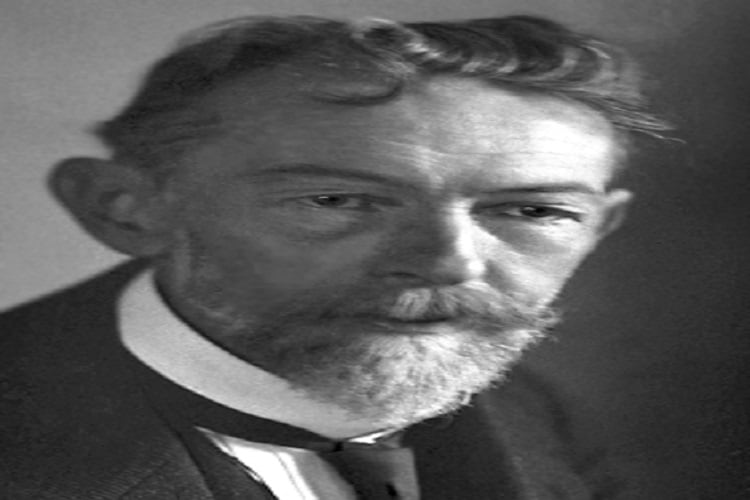Richard Adolf Zsigmondy (1 April 1865 – 23 September 1929) was a Austrian-born chemist. In 1925, Richard Adolf Zsigmondy was awarded the Nobel Prize in Chemistry.
Life and Career
Richard Adolf Zsigmondy was born on 1 April 1865, in Vienna, Austria.
Zsigmondy studied chemistry at the Technical University of Vienna and later completed his doctorate in 1889 at the University of Munich.
Zsigmondy’s early career included working as an assistant to the chemist Friedrich Kohlrausch in Würzburg and conducting research on electrical conductivity.
He is best known for his pioneering work in colloid chemistry. In 1903, he developed the ultramicroscope, a device that allowed for the visualization and study of colloidal particles, which are very small and suspended in a liquid medium.
Zsigmondy’s research helped advance our understanding of colloids, their properties, and their practical applications. He made significant contributions to the study of gold sols and the Tyndall effect, among other topics.
Richard Adolf Zsigmondy passed away on 23 September 1929, in in Göttingen, Germany.
Award and Legacy
Zsigmondy was awarded the Nobel Prize in Chemistry in 1925 for his achievements in the field of colloid chemistry, particularly his development of the ultramicroscope and his contributions to the understanding of colloidal solutions.
He received this prestigious honor for his groundbreaking work, which had practical applications in various industries, including medicine, biology, and materials science.
Zsigmondy’s work significantly advanced the field of colloid chemistry and helped scientists understand the behavior of colloidal particles in various systems.
His invention of the ultramicroscope had a profound impact on the study of colloids and was widely adopted by researchers.
Zsigmondy’s contributions laid the foundation for further research into colloidal materials and their applications in various industries, including pharmaceuticals, electronics, and materials science.
He is remembered as a pioneering chemist who made important contributions to the field of physical chemistry and colloid science.

